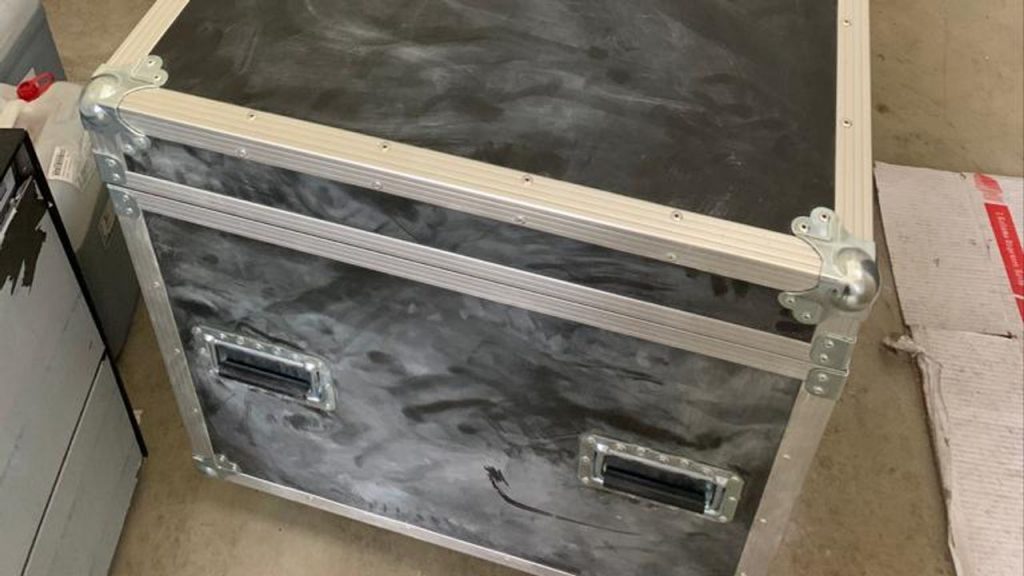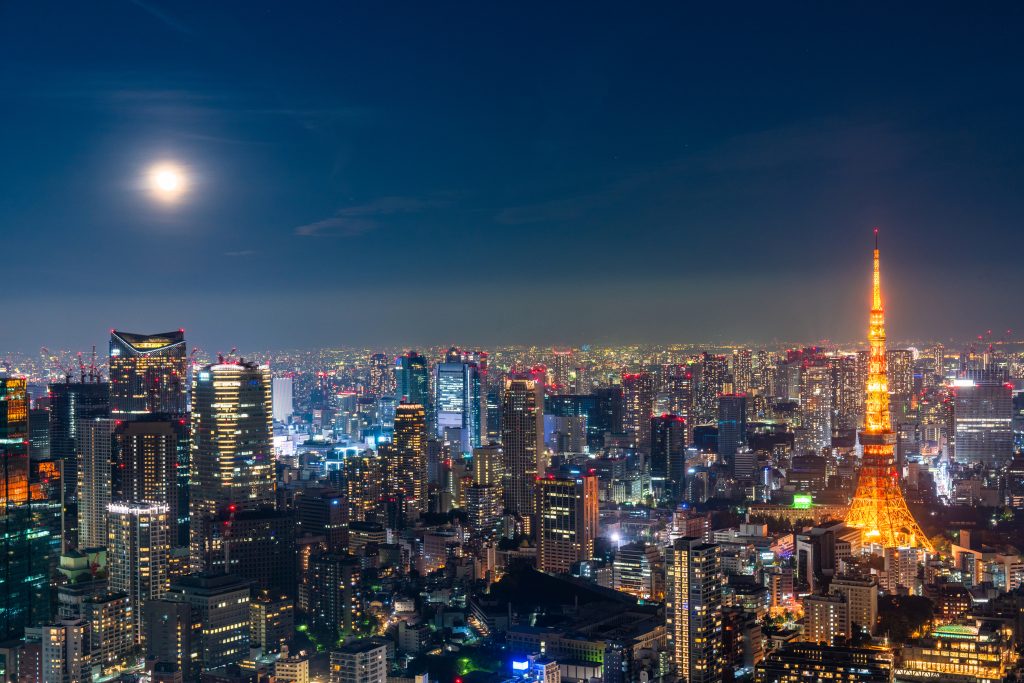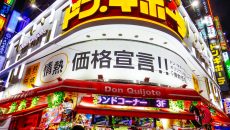Carlos Ghosn, the former CEO and Chairman of Nissan, skipped bail and successfully staged a James Bond-esque escape to Beirut. What’s next?

We will probably never learn the ultimate truth about exactly for which, if any, alleged crimes Carlos Ghosn, the former CEO and Chairman of Nissan Motor Co., Ltd., was responsible. Now that the world-famous “Le Cost Cutter” skipped bail and successfully staged a James Bond-esque escape to Beirut at the very end of last year just when most of Japan had conveniently already gone on holiday to begin New Year’s celebrations, it is unlikely that he will ever return to Japan to answer for his alleged crimes. On January 8th he shared his side of the story via a lengthy press conference. There is no doubt that Ghosn was able to capture the attention, and to a large extent the sympathy, of the Western media from his depiction as a victim of Japan’s so-called “hostage justice” system under which suspects are often kept in custody for extended periods, lawyers for the accused are not allowed to be present during interrogation, reliance on confessions is common and conviction rates* are relatively high.

Yes, the optics of Ghosn’s 130 days of detention—including being denied the ability to see or even speak on the telephone or communicate electronically with his wife—do seem harsh. Ghosn’s post-New Year’s press conference from Beirut was, however, one-sided. It seems that Nissan is now attempting a character assassination of Ghosn by trying to debunk his claims and releasing details about what sounds like an executive slush fund that Ghosn routinely accessed to shuttle tens of millions of dollars to personal acquaintances and pay for elaborate entertainment unrelated to company business. Thus, the smell or perhaps stench of suspicion about what really happened is still lingering. While previously revered as the savior of Nissan, based upon numerous “man-on-the-street” interviews in Japan Ghosn’s reputation has taken a severe blow. He has already been tried and convicted in the court of public opinion. The sheer value of the amount of Ghosn’s compensation in question is simply so far beyond the salary level of a typical Japanese salaryman that it is difficult for Ghosn to garner much sympathy from the general public. Despite concern about the so-called “hostage-justice” system, the average law-abiding Japanese citizen has a hard time swallowing Ghosn’s rationale for jumping bail and, essentially, flipping the finger at their county’s rule of law.
Especially considering his settlement in September 2019 with the Securities and Exchange Commission (SEC) in the U.S. concerning alleged financial crimes regarding which he was able to secure a deal without admitting to any guilt, from a purely rational point of view serious questions remain. As part of the settlement with SEC Ghosn also agreed to a $1 million civil penalty and agreed to forgo becoming an officer or director of a U.S. publicly-traded company for 10 years. That’s not chump change, and those are quite restrictive conditions for someone who is “not guilty.” Something simply doesn’t add up in my book. Thus, if Ghosn is really innocent of his alleged crimes in Japan, then why did he brazenly break the law by jumping bail and forfeit the chance to defend himself in court?

Also, what about the fate of Ghosn’s lieutenant Greg Kelly who remains under suspicion in Japan? Selfishly abandoning one’s long-time colleague like this sends all sorts of mixed signals. Ghosn’s dramatic exit reportedly caught Kelly completed by surprise, as well. Now, like Ghosn, Kelly may be just as guilty of some sort of impropriety. Kelly was also part of the settlement with the SEC last autumn under which he agreed to pay a fine of $100,000 without having to admit guilt. Besides Kelly Ghosn must have left behind—at least within the ranks of Nissan–many others, as well. How many of Ghosn’s proteges at Nissan are now being persecuted within the company? In an odd way, the situation reminds me of the infamous case of Masabumi Hosono, the sole Japanese survivor of the Titanic. While not all the details match up—Japan’s criminal justice system may be in the spotlight but is certainly not in danger of sinking—this civil servant was ostracized by his countrymen upon returning to Japan for choosing to save himself while others perished. As related to Ghosn’s case, the public consensus seems to be that he should have gone down with the ship or at least stuck around long enough “to face the music” and present a formal defense in court rather than brazenly elude authorities to slip out of the country.
What was really behind the allegations? Without true inside knowledge of the inner workings of the Renault-Nissan-Mitsubishi alliance, we can only speculate at this point. It seems, though, that resistance to a full merger with Renault within the top management ranks of Nissan resulted in an internal, political power struggle at the very top of the company. It apparently blindsided Ghosn who now readily admits that compared to his era as CEO during which time he kept tabs on everything, since ascending to the rank of chairman he had no longer been fully engaged. Thus, Ghosn probably missed some tell tail signs that there was a group of executives who were opposed to further links with Renault that were actively seeking to go after him. It is no surprise, therefore, that Ghosn has recently admitted in a television interview that he probably should have retired from Nissan after stepping down as CEO.
In the broader sense, how will Ghosn’s “great escape” affect how the general public in Japan perceive Western business leaders active in the country? This question is relevant because Ghosn has probably been the highest-profile foreign boss of a major Japanese corporation for nearly two decades. He had previously enjoyed rock star status for engineering the comeback of a company that had essentially been written off to transform it back into a global powerhouse in the automotive industry. Now that reputation has been tarnished, and the implications extend beyond Ghosn. His “great escape” has thus far only reinforced the existing, general perception that Western businesspeople only come to Japan to make a quick buck and then leave. While Ghosn’s 17-year tenure at Nissan can hardly be considered to have been a short-term assignment, his dramatic exit has overshadowed all of those years of achievement. While there are many Western businesspeople who have lived and worked in Japan for longer periods—including me, now all of us are going to have to redouble our efforts to prove our long-term commitment to our companies and our Japanese friends and colleagues. I will never forget a particular question that I got less than 12 hours after arriving in Japan on my first day on the job of my third “tour of duty” in this country to run the Japanese subsidiary of my former U.S. based employer. In a very matter-of-fact manner, one of the senior managers on my team wasted no time to inquire “When will you be leaving Japan to return home?” While it irked me at the time, in retrospect this was a terrific question because it provided a golden opportunity to respond along the lines of “perhaps never but certainly not until we have achieved specific, common goals.” Thus this manager and his colleagues learned right away that I was in it for the long-haul and they had better find a way to collaborate—which is exactly what happened. While there are certainly quite a few old-hand “lifers” like me in Japan, they are, in fact, probably more of the exception than the rule. A lot of Western business people do tend to stay in Japan for only a few years before moving on to their next assignment. This practice has perpetuated the impression among Japanese people that Westerners do not have a real long-term commitment to their country.

While even in cases of relatively short tenure the vast majority of Western business people have a very positive experience in Japan and leave on good terms only after their Japanese colleagues throw them a going-away party or so-betsu-kai (送別会), Ghosn’s breathtaking exit will be indelibly etched into the collective psyche of Japanese that Western foreigners cannot be counted on and will not hesitate to drop everything and go at a moment’s notice. Those of us who are left will simply have to persevere to debunk this ongoing stereotype.
In a recent interview with CNBC Ghosn commented: “If you’re a foreigner working in Japan, you have to be very careful, because unless the system changes, you’re playing with your life.” The only part of that statement that resonates with me is that one should be careful–no matter where you work. Yes, Japan is different, and it has different rules. Yes, perhaps the “hostage-justice” system is in need of some reform, but “it is what it is” at this point, and Westerners who come to Japan to lead businesses will just need to get used to it. There is a reason why the old adage “when in Rome do as the Romans do” has a direct Japanese equivalent “go ni ireba go ni shitagae” (郷に入れば郷に従え). While constructive criticism of established norms that may vary from what is commonly found in the West should be offered when appropriate, it is important to remember that Westerners are allowed into the country as guests of the Japanese, and it is, therefore, imperative to operate by the rules that govern Japanese society.
Finally, how will this seemingly “made-for-tv” true story affect Japan Inc’s ability to lure, hire and keep talent from abroad? While there are probably quite a few foreigners who now cite Ghosn’s case as justification for never wanting an assignment to work in Japan, at the end of the day his experience is hardly typical of what a non-Japanese business person will normally encounter when working for a Japanese company in Japan. Most foreign business people will never find themselves confined to the Tokyo Detention House let alone in court. As long as one plays by the rules and abides by strict ethical codes of conduct, then there should be no problem. Most will realize this. Ghosn’s case will, therefore, probably not seriously hinder Japan’s ability to recruit and hire those willing to experience a completely different work environment that has both challenges and many rewards.
Although recently overshadowed by many other news stories, the ongoing Nissan vs. Ghosn saga is likely to persist for some time to come. It is likely that the next key milestone will be the decision between Japan and Lebanon about whether to extradite Ghosn back to Japan to stand trial (despite the lack of a formal extradition treaty among the two countries) or transfer the location of the trial to Lebanon or some third country. Such a decision is, apparently, likely by the end of February. Stay tuned for more!

* The “conviction rate of more than 99%” represents the proportion of convicted persons divided by the number of indicted persons, i.e. those within the 37% indictment rate is 37% (a figure obtained by dividing the number of indicted persons by the total number of indicted persons and non-indicted persons in all suspected criminal cases) according to FAQ 13 of the Ministry of Justice website (http://www.moj.go.jp/EN/hisho/kouhou/20200120enQandA.html)
Related Articles
Japan’s Maglev Train Project Faces Setbacks in Shizuoka
The President of JR Tokai, Shin Kaneko, has stated that it will be impossible for the maglev train to open by 2027 due to the ongoing issues in Shizuoka.
Major Japanese Retailers Step up Support for Ukrainian Refugees
Japanese corporations such as Don Quijote, Muji, and Uniqlo are behind major relief efforts to help displaced Ukrainian refugees.





